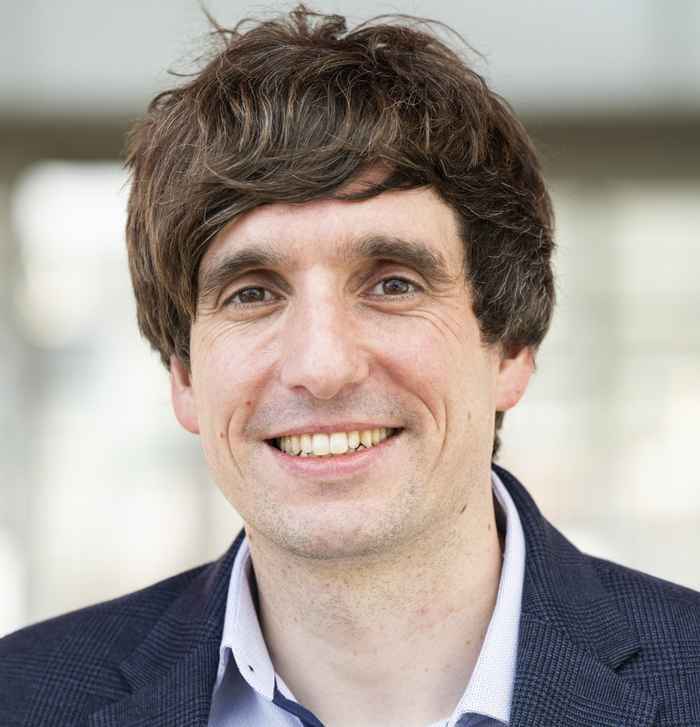ACLE Seminar: Pascal Langenbach (Max-Planck-Institute for Research on Collective Goods)
Mitigating the Judicial Human-AI Fairness Gap
- Date
- 16 September 2025
- Time
- 13:00 -14:15
- Location
- Roeterseilandcampus - building A
- Room
- A3.01 and online (see below)

Abstract
Are robot judges perceived as less fair than human judges? If so, how can this perceived judicial human-AI fairness gap be mitigated? We conduct a large online experiment with more than 4,800 observations to explore whether delegating judicial tasks to algorithms affects perceived procedural fairness and how human-in-the-loop interventions might off set any fairness gap. Participants are randomly assigned to assess one of the following conditions: a pure robot court (no human oversight), a pure human court (no algorithmic decision aids), or a hybrid court (a human judge assisted by algorithmic decision aids). Within the human and the hybrid conditions, we further vary whether the human judge conducts a thorough (high involvement) or brief (low involvement) review. Confirming prior research, we find robust evidence of a judicial human-AI fairness gap: participants perceive robot courts as less fair than human courts. Crucially, even low human involve ment fully closes this gap. Although the fairness gap persists among Black participants, it is significantly smaller than the gap seen among White participants, highlighting an ethnic disparity. Overall, our results suggest that delegating judicial tasks to algorithmic systems may not undermine perceived procedural fairness if they remain subject to human review. However, our findings also raise the concern that nominal human oversight could be used to legitimize substantively unfair algorithmic procedures in the eyes of ordinary citizens.
Paper can be downloaded here.
Practicalities
This event will be a hybrid event. The seminar will take place in Roeterseiland campus (REC) building A, room number A3.01, and will also be streamed online via Zoom.
About the speaker
Pascal Langenbach is a Senior Research Fellow in the Behavioral Law and Economics Group at the Max-Planck-Institute for Research on Collective Goods. He is working in Public Law, Empirical Legal Studies, and Law and Economics; mainly conducting experimental research.
About ACLE
The Amsterdam Center for Law and Economics (ACLE) is a joint initiative of the Faculty of Economics and Business and the Faculty of Law at the University of Amsterdam. The objective of the ACLE is to promote high-quality interdisciplinary research at the intersection between law and economics.